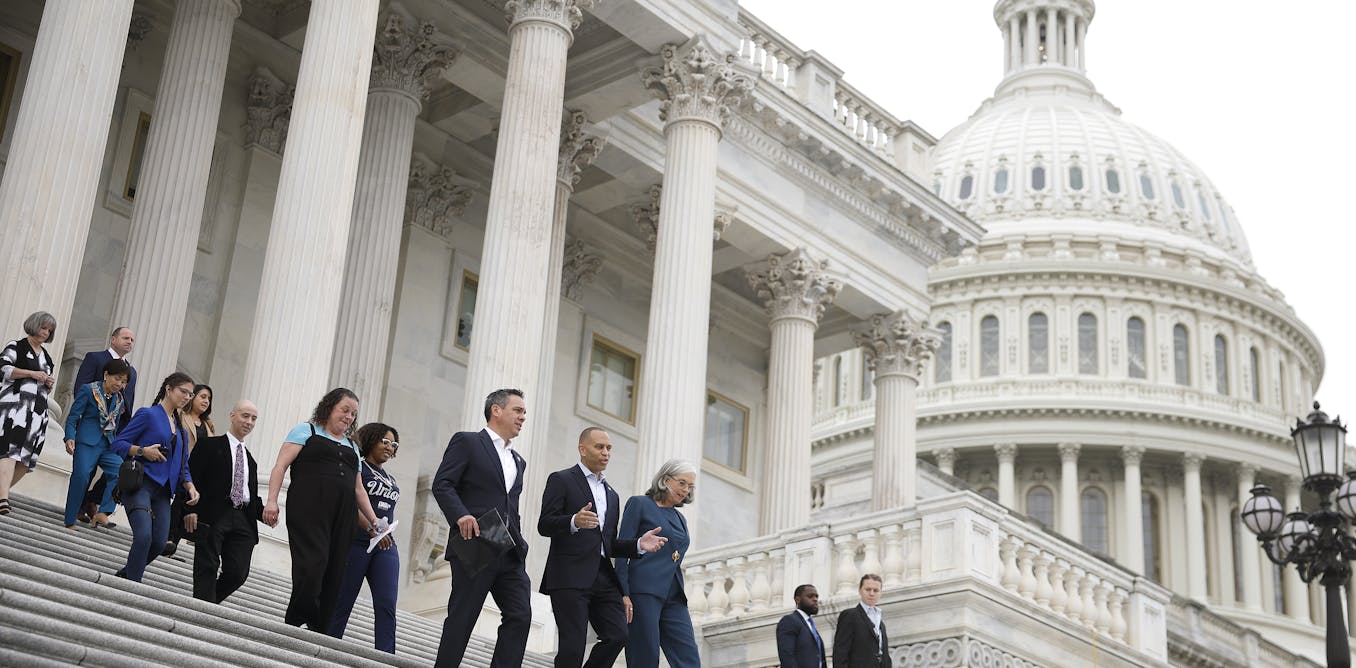Trump Champions $5,000 ‘Baby Bonus’: A Call to Reverse Declining Birth Rates
In a bold move to address the alarming trend of declining birth rates in the United States, former President Donald Trump has endorsed a proposal for a $5,000 "baby bonus" aimed at new mothers. This initiative is one of several incentives being considered by the current White House administration to encourage American families to expand and help instill a sense of optimism about the future.
Understanding the Proposal
As the birth rate in the U.S. continues to decline—a phenomenon exacerbated by economic uncertainty, changing societal norms, and the effects of the pandemic—policymakers are increasingly exploring financial incentives to reverse this trend. The proposed $5,000 baby bonus would offer new mothers immediate financial support, intended to alleviate some of the economic burdens that come with welcoming a new child.
This idea resonates with many who argue that financial assistance could help parents feel more secure in their decision to grow their families, especially during a time when the cost of living is rising and family planning can feel out of reach for many.
Implications and Reactions
Critics of similar incentives often question their potential effectiveness, pointing to factors beyond financial constraints that influence family planning decisions, such as career concerns, childcare availability, and housing affordability. However, proponents argue that direct financial support can create a more favorable environment for couples considering parenthood.
Trump’s endorsement adds a layer of political weight to the proposal, aligning with broader conversations around family-friendly policies that have gained traction in various political circles. His comments bring much-needed attention to the challenges faced by new parents and signal a shift in the public discourse around family growth.
The Bigger Picture
The $5,000 baby bonus is emblematic of a larger trend among governments worldwide seeking innovative solutions to declining fertility rates. Countries like Hungary and France have implemented their own versions of family incentives with varying degrees of success, suggesting that the U.S. may benefit from an exploration of these international models as well.
As the proposal garners attention, it invites discussion not only about financial incentives but also about the values and supports available to families in the U.S. Will this new initiative spark a broader movement towards enhanced family support systems? Only time will tell, but the conversation is clearly underway.
In a landscape that constantly evolves, the proposed baby bonus is a testament to the intersection of policy, economy, and the everyday lives of Americans. As families continue to navigate their choices, this initiative could represent not just a financial boon but a societal shift toward prioritizing family growth and stability in a changing world.
Watch the video by Forbes
Video “Trump Calls $5,000 ‘Baby Bonus’ For New Mothers ‘A Good Idea’—What We Know About Incentive Proposal” was uploaded on 04/25/2025 to Dailymotion Channel Forbes






































Leave a Reply